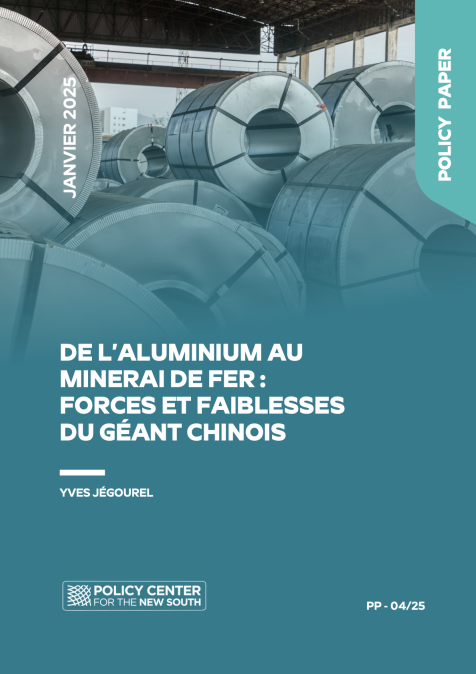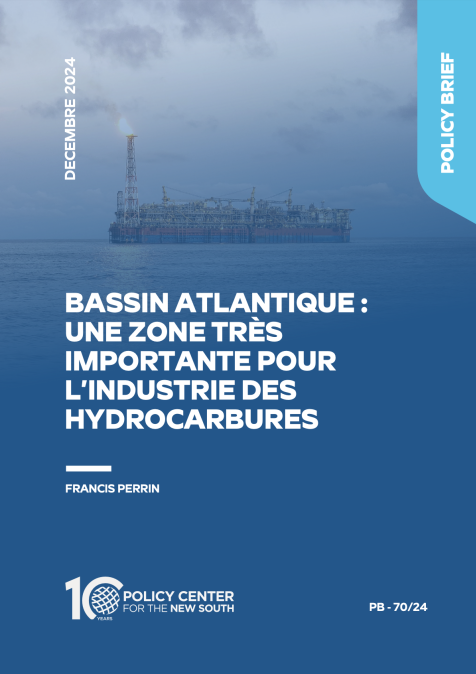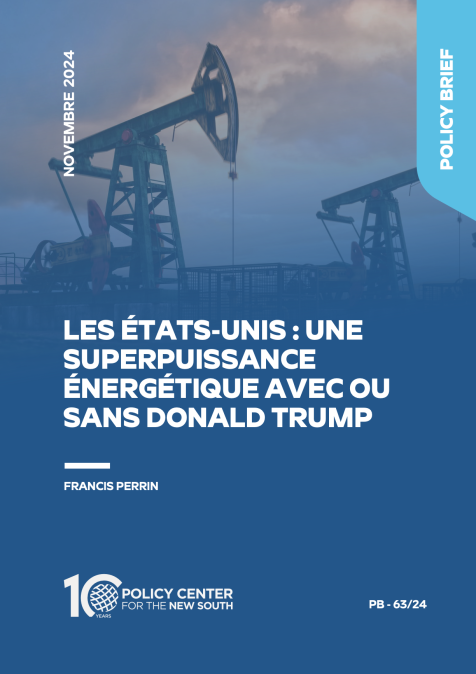Publications /
Policy Brief
Les cours de la quasi-totalité des métaux industriels et précieux se sont inscrits, depuis plusieurs mois, dans une dynamique baissière. Si le resserrement de la politique monétaire américaine et l’appréciation consécutive du dollar expliquent en partie cette trajectoire, c’est avant tout l’amoncellement des nuages dans le ciel macroéconomique mondial qui a pesé sur les marchés. L’escalade des tensions commerciales entre les États-Unis et, parmi d’autres pays, la Chine, ne peut être favorable à la croissance mondiale et, en cela, à la demande de métaux. On ne saurait, cependant, tout justifier par les fondamentaux du marché. Des dynamiques spéculatives sont, en toute évidence, également à l’œuvre et expliquent également l’ampleur de ce repli.








